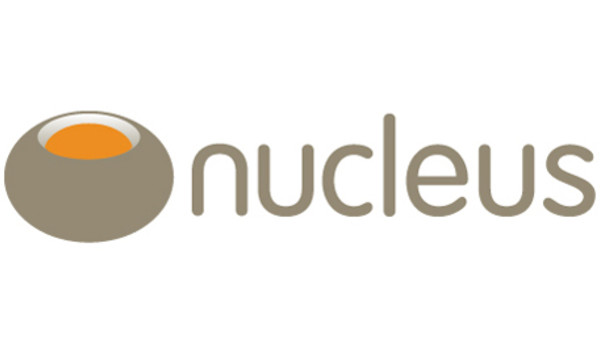

Mr Neilson, who has worked at the company for just less than a decade, said the platforms market had changed and new growth for individual players would increasingly come from legacy business elsewhere.
The Nucleus platform floated on the London Stock Exchange in July 2018, with a valuation of £140m but Mr Neilson said new entrants coming to the platform market now "wouldn’t be able to do what we did, which was get advisers to transfer the whole book of business to a new platform".
He said: "Regulation and compliance means that really the best you can hope for is to win the new business from advisers. And certainly we want to do that, but I think the real area of growth will come from people who currently have old pensions or other policies with life companies, and those policies will either mature and free up cash, some of which will end up on a platform, or clients will realise they are in products that maybe are not that suitable and want to switch.
"There is a wall of money there to help drive future growth."
But Ben Hammond, consultant at Altus, said while legacy assets might find their way onto platforms, it will more likely be those platforms that are already owned by life companies.
He said: "Those companies can quite legitimately write to every client with a legacy product and say to them that they have these other products that are more flexible and cheaper. So that could be where the money goes."
Mike Barrett, of consultancy firm the Lang Cat, agreed the incumbent players had an advantage and said platforms like Aegon have already been "proactive" in transferring clients across from legacy products.
An Aegon representative said: "In recent years a significant number of customers have moved from one of our traditional policies to our platform service enabling them to benefit from features like online administration.
"Most of the customers who would benefit from upgrading have now done so. In the future, customers will continue to be able to upgrade, but we expect the numbers to be much lower."
But others such as Standard Life Aberdeen, a company that owns insurance and platform businesses as well as asset managers, said the group had "never done this and has no plans to [transfer clients across]".
Mr Barrett pointed to another possible issue around suitability.
He said: "There is a large pool of assets for sure. But it is not as simple as saying it's the best outcome for clients.
"A lot of these assets are in legacy products that have valuable benefits like guaranteed annuity rates.
"So while those products may not be open to new money, it is likely to be in the best interests of customers to stay in those products until they mature, and with some products, like bonds, if they exit early, then they could face a tax bill as it is a chargeable event gain."
Alastair Wilson, head of retail platform strategy at Zurich, thought technology and platform functionality would be the deciding factor behind people moving assets.
He said: "Platforms are just as likely to grow their assets by gaining customers from other platforms as they are those of life companies.
"Rising technology costs and the changing needs of consumers has left a number of platforms struggling to keep pace with the pack.
"Consumers will seek a better home for their money if their current platform doesn’t meet their needs, and the growing gap in functionality and stability could be the tipping point."
Ian Taylor, chief executive of the Transact platform, meanwhile is looking for growth in a number of areas, including from advisers dealing with increasingly complex investment options and pension transfers.
He said: "The value of assets being placed on platforms by financial advisers is expected to grow as financial advisers continue to benefit from the efficiencies of platforms, particularly in the current environment of mounting regulatory burden."
david.thorpe@ft.com



